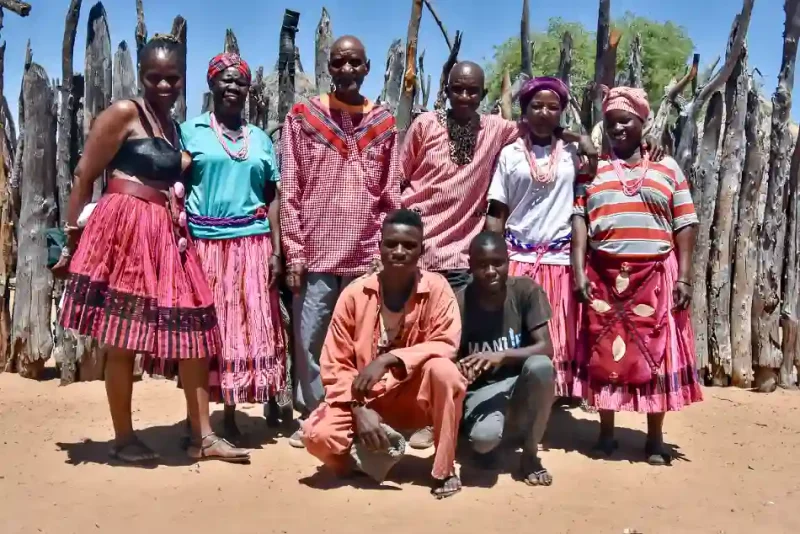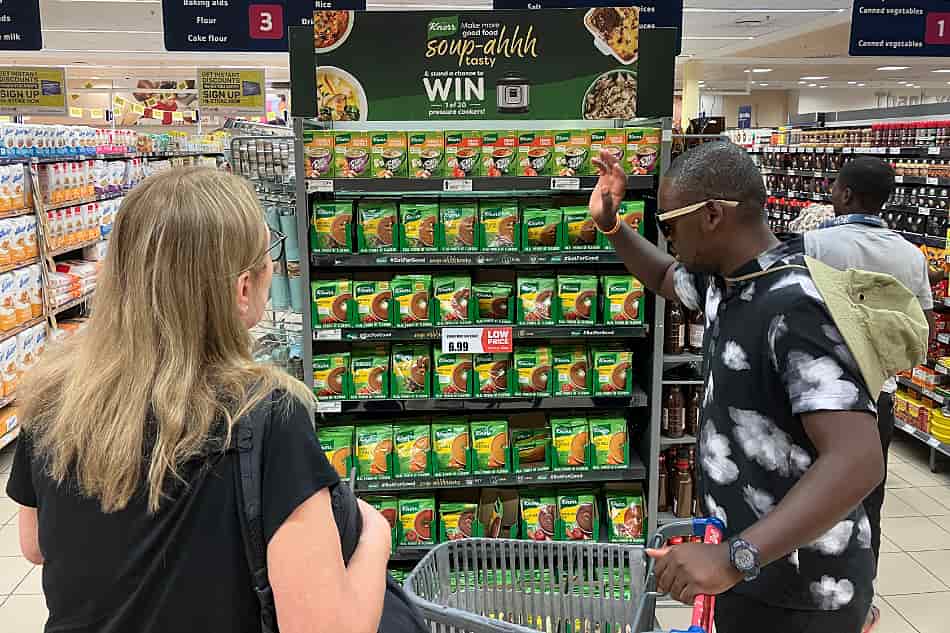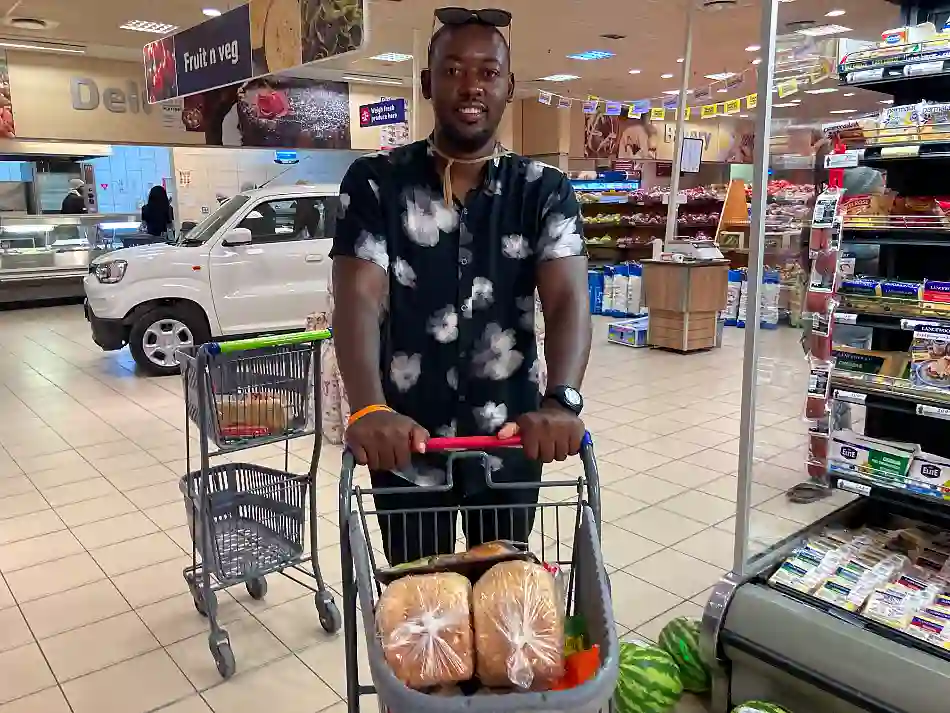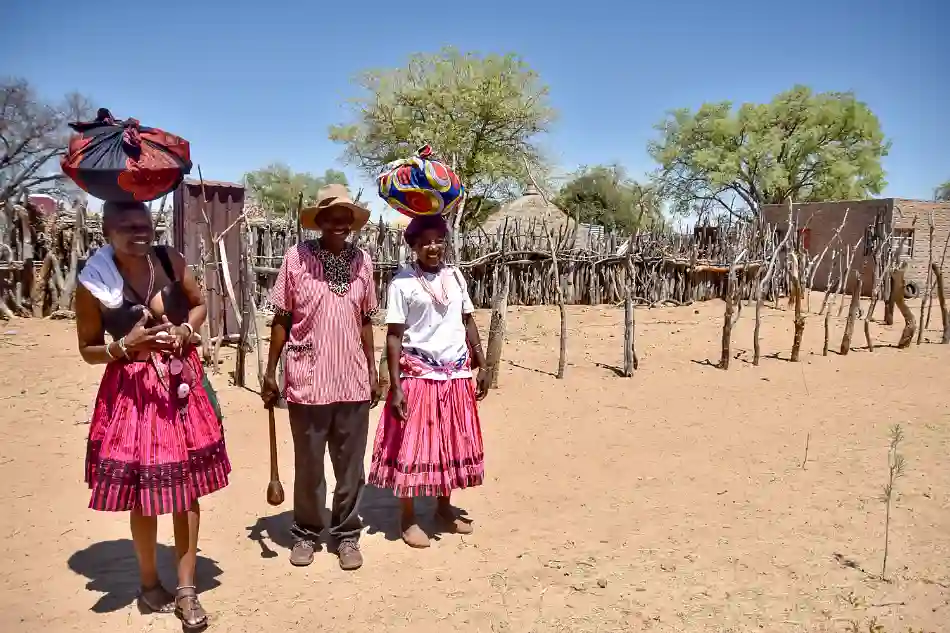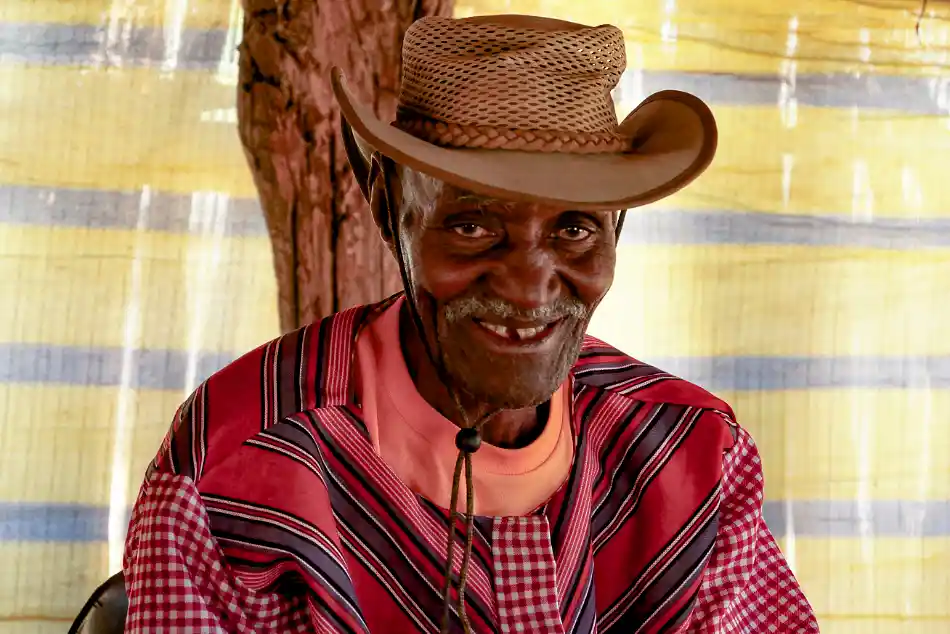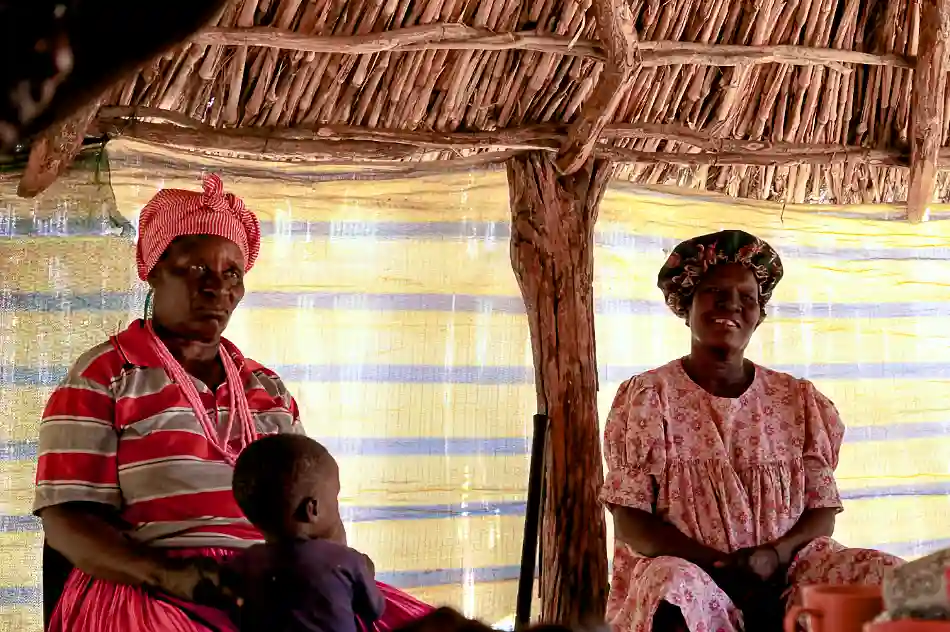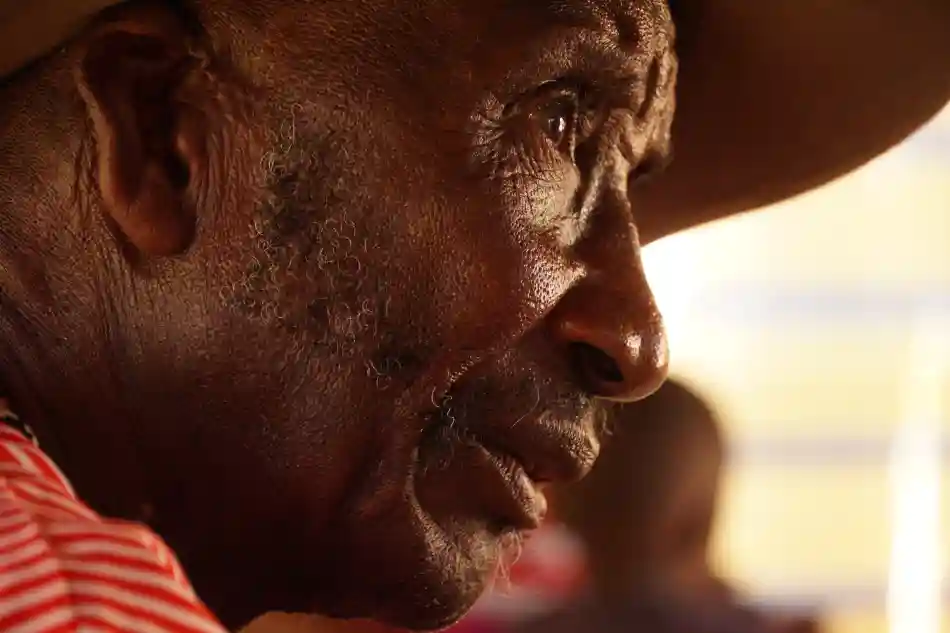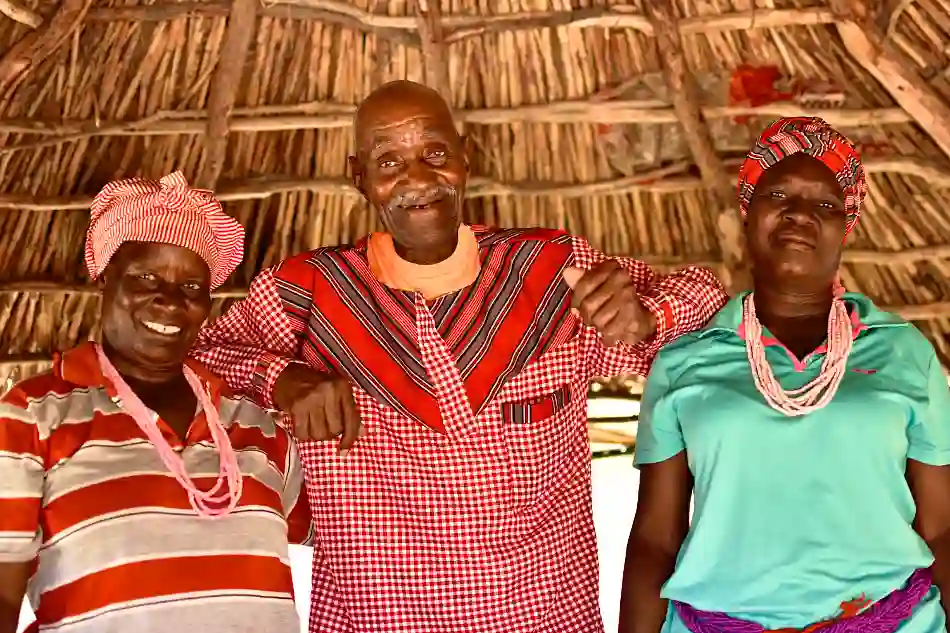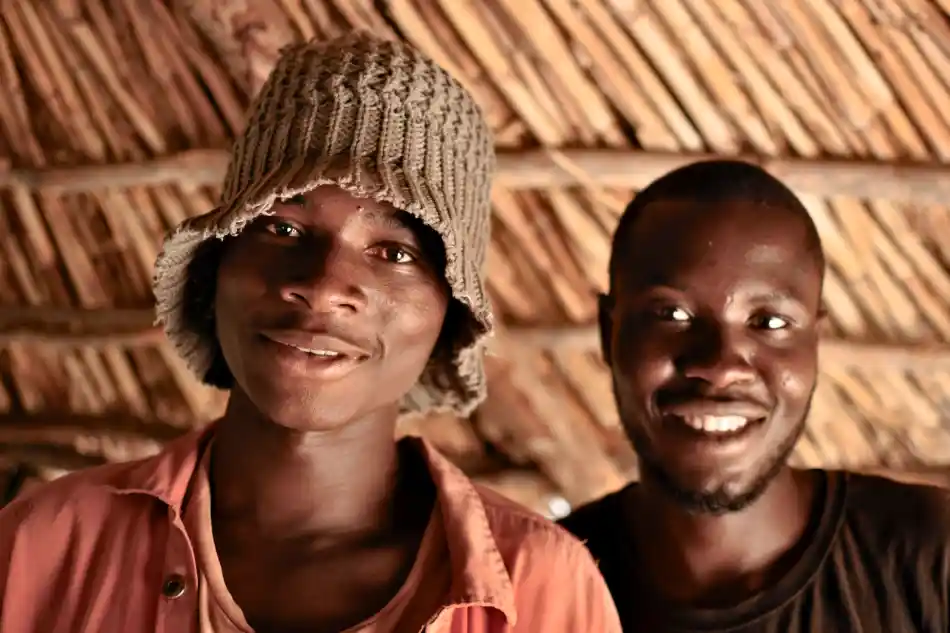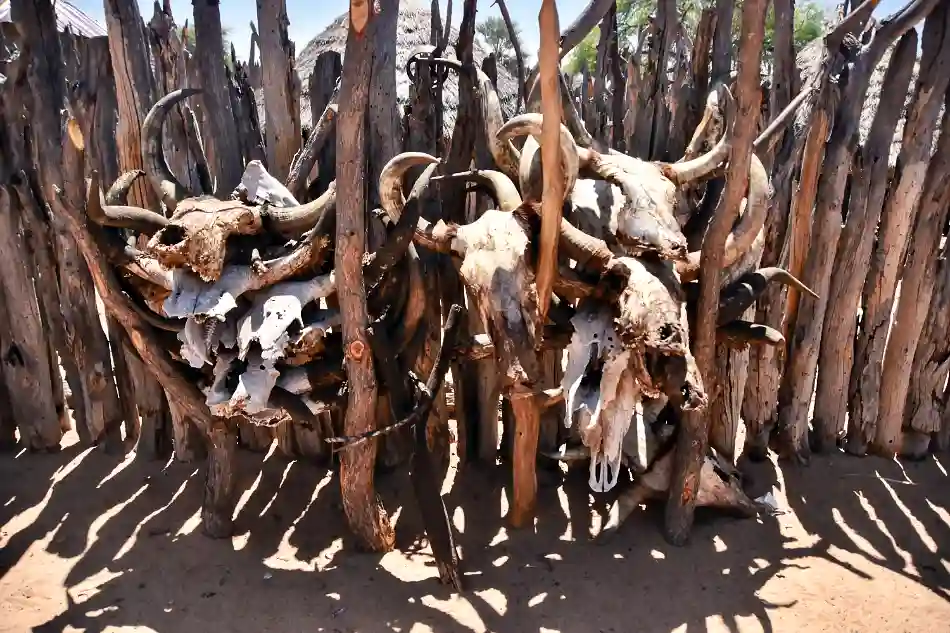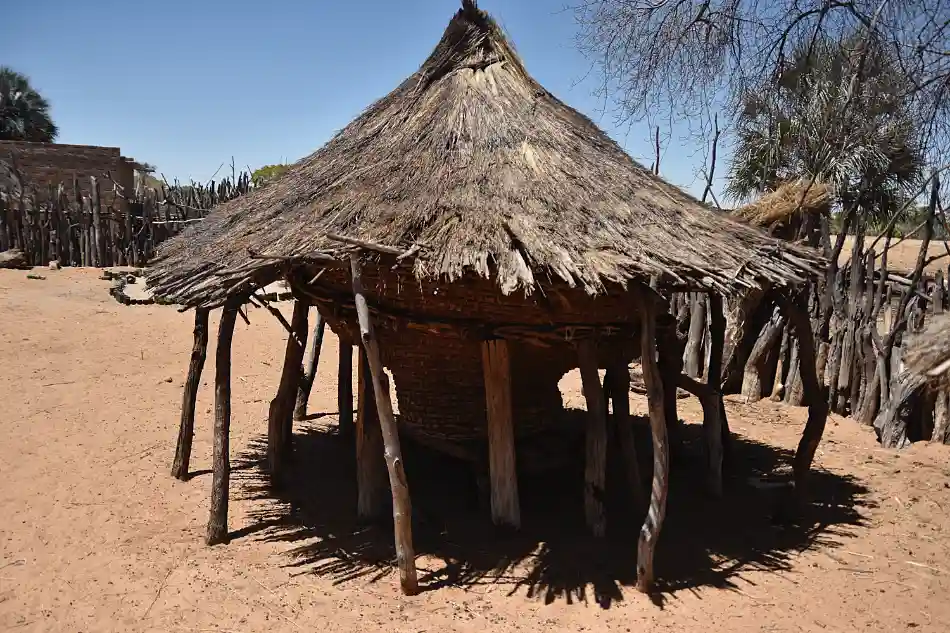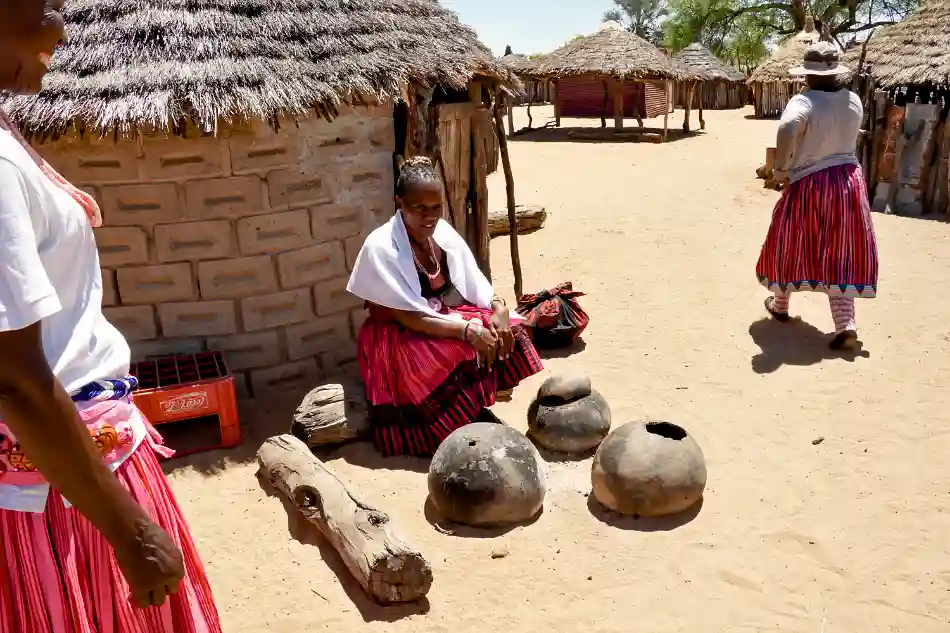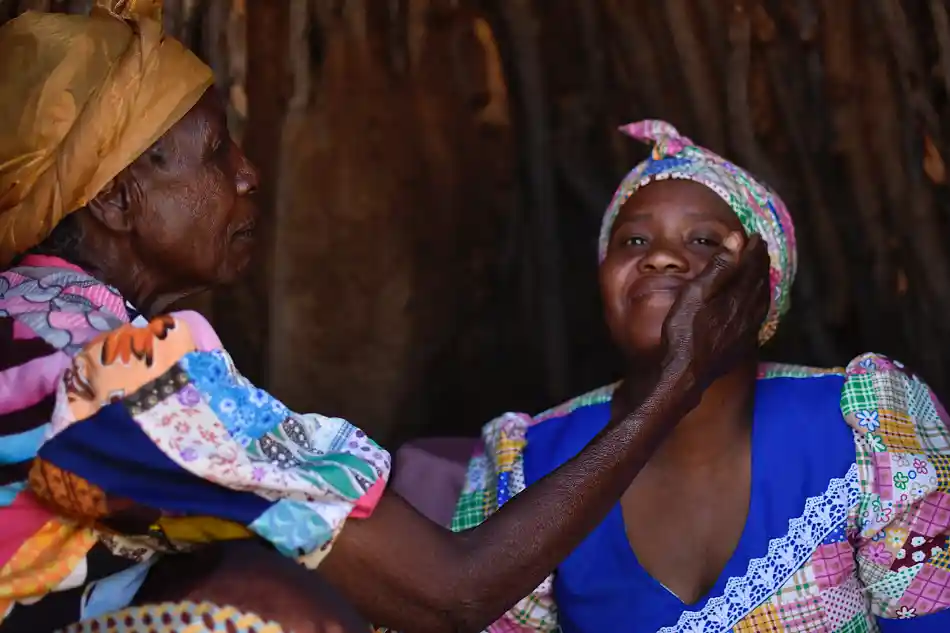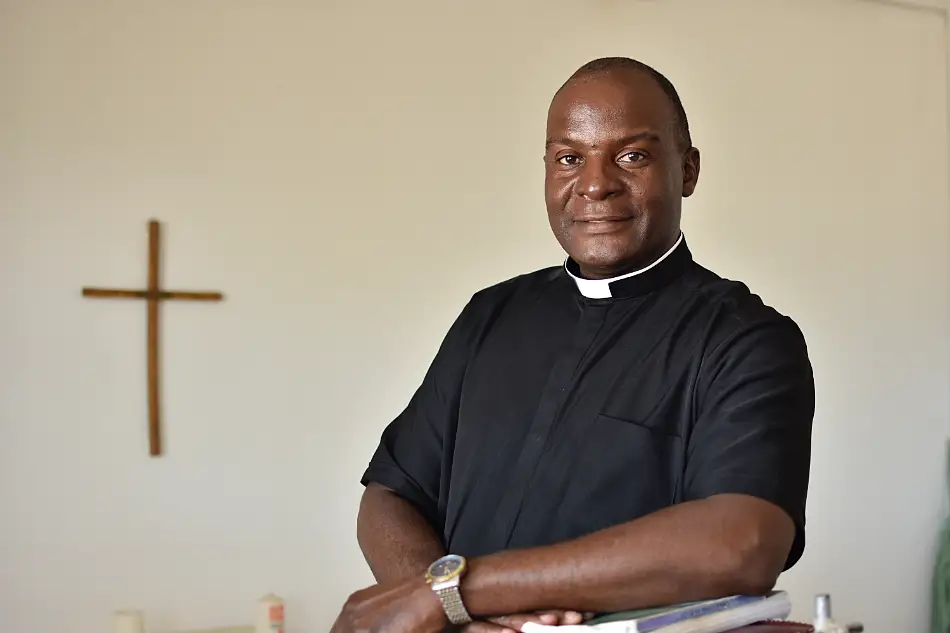About Cookies
Vi använder cookies för att anpassa innehåll och annonser, för att tillhandahålla funktioner för sociala medier och för att analysera vår trafik. Vi delar också information om din användning av vår webbplats med våra partners inom sociala medier, annonsering och analys, som kan kombinera den med annan information som du har lämnat till dem eller som de har samlat in från din användning av deras tjänster. Du samtycker till våra cookies om du fortsätter att använda vår webbplats.
Read Cookie PolicyNecessary cookies help make a website usable by enabling basic functions like page navigation and access to secure areas of the website. The website cannot function properly without these cookies.
Preference cookies enable a website to remember information that changes the way the website behaves or looks, like your preferred language or the region that you are in.
Statistic cookies help website owners to understand how visitors interact with websites by collecting and reporting information anonymously.
Marketing cookies are used to track visitors across websites. The intention is to display ads that are relevant and engaging for the individual user and thereby more valuable for publishers and third-party advertisers.
Unclassified cookies are cookies that we are in the process of classifying, together with the providers of individual cookies.

